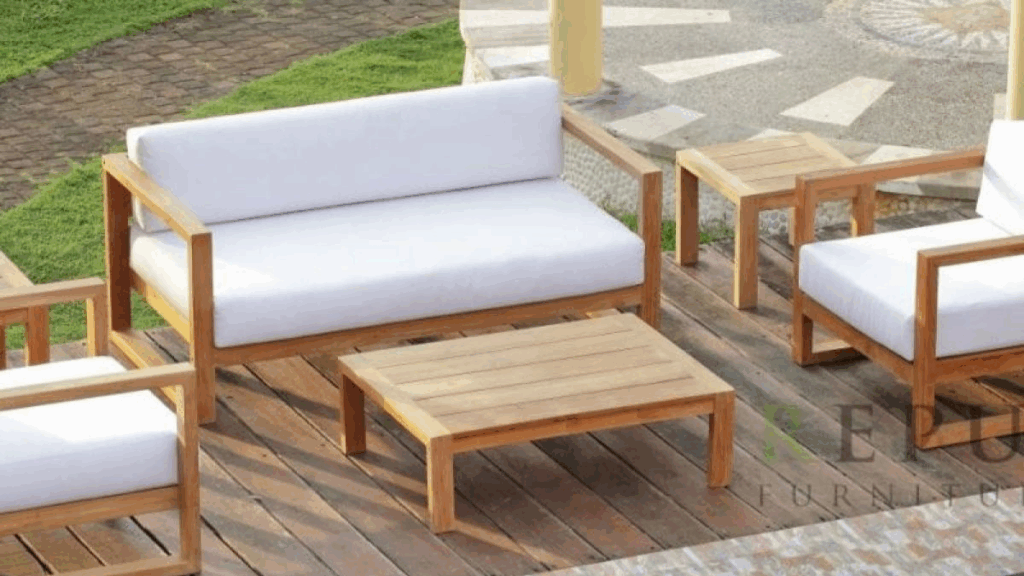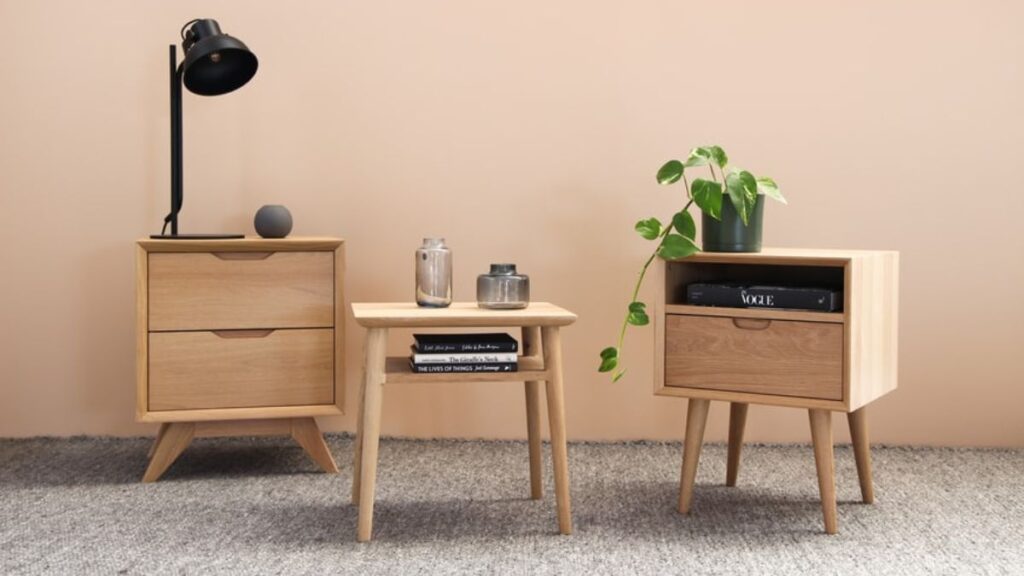Indonesia, known for its rich natural resources and skilled artisans, has become a major player in the global furniture industry. From teak wood tables to intricately carved chairs, Indonesian furniture is gaining recognition for its quality, craftsmanship, and sustainability—making its way into homes and businesses across Europe, the United States, the Middle East, and Asia.
A Tradition of Craftsmanship
For generations, Indonesian communities—especially in regions like Jepara, Cirebon, and Bali—have specialized in woodworking and furniture making. These artisans combine traditional techniques with modern designs to meet the tastes of international consumers, resulting in unique, high-value products.
Going Global
In recent years, more Indonesian furniture businesses have expanded their operations to international markets. Many now participate in global trade fairs, export directly to major retailers, and sell online through platforms like Etsy, Amazon, and Alibaba. Supported by government programs and industry associations, local businesses have improved product standards, packaging, and compliance with international certifications.

Sustainability as a Selling Point
As demand for eco-friendly products grows, Indonesian furniture made from sustainably sourced wood has found a competitive edge. Many manufacturers now use certified wood and promote environmentally friendly practices in production. This commitment to sustainability not only helps the planet but also attracts conscious consumers worldwide.
Digital Transformation Drives Growth
The rise of e-commerce and digital marketing has helped furniture makers reach a broader audience. With professional websites, social media promotion, and virtual showrooms, Indonesian furniture businesses are building strong brand identities and engaging directly with customers overseas.
Challenges and Opportunities
Despite its success, the industry faces challenges such as fluctuating shipping costs, quality control, and competition from other countries. However, with continued investment in training, technology, and design innovation, Indonesia is well-positioned to grow its presence in the global furniture market.





Pingback: Jepara to Global Markets: Future of Furniture Indonesia - Dhatu Varta